What will the world look like next week? Next month? Next year? The answer is: nobody knows. The uncertainty makes long-term thinking precarious. But to make a smart investment, one needs to have confidence in the future. On the other side of the table, startups need to create a clear picture of their way forward if they want to raise funds. How do you go about that, in these volatile COVID-times? These Amsterdam-based startups closed a funding round during the COVID-outbreak. We asked for advice.
COVID’s threats and chances
Even though these are unprecedented times, there is still business to be done. Even though conferences are cancelled, travel is restricted and markets are disrupted, startups can still find investments. As dire as the situation may seem, it even offers some opportunities for extra funding. For instance Amsterdam-based early-stage VC firm Antler, which is offering €500,000 in funding for startups with a product to combat the spread of coronavirus.
Further reading: Startups should not lose heart; fundings won’t dry up completely, assure VCs
Besides that, several startups from Amsterdam proved there’s still investments to be found. In the past couple of weeks, many of them signed with investors for funding that would ensure their growth, hopefully well beyond the reach of COVID.
These Dutch startups found funding during pandemic
Amsterdam-based Pyramid Analytics raised nearly €23 million to build strategic alliances around their analytics platform that helps companies compete as world-class data-driven organisations. Another startup from the tulip city, Kaizo scooped up €2.7 million to guide employees towards achieving their goals and making an impact in their companies. Yoho bagged €250,000 for their SaaS-platform with which companies can quickly create digital mobile workflows for production, quality, and maintenance teams to replace paper. And Lalaland, one more startup from Amsterdam that uses neural networks to generate images of artificial humans, raised funding at an undisclosed amount.
One of the bigger rounds in February was closed by Oaky, which created an automated upselling platform that helps hoteliers drive revenue by offering guests what they want. This Amsterdam-based startup was looking to use the money to invest in product development, continued geographic expansion, and team growth across all functional groups. But then COVID-19 hit, effectively grinding the travel industry to a halt. It made Oaky have a second look at their earnings and spendings, said Tako Paddenburg, one of the co-founders of Oaky: “We went over our budget again to see which investments will still bring us enough value now and which should be postponed until the market recovers. We decided to mainly focus on optimising our processes and improving our product.”
 Oaky
Oaky‘Buffer during uncertain times’
The fresh funding gives the startup breathing room to improve their product. “Even though we had different plans on spending the money, this gives us a great buffer during these uncertain times. We were lucky enough to raise our funding right before the COVID-19 outbreak in Europe,” says Paddenburg. Similar luck struck Chargetrip, which closed their funding round in February 2020, right before the virus brought Europe to a standstill. “The investment funds were also transferred in that same week. So we were really lucky in our timing,”says Chargetrip CCO Pieter Waller. His startup offers smart navigation for electric vehicles.
Their pre-seed funding ranged somewhere between €1 to €4 million, although they like to keep the exact number under wraps. For now, Chargetrip conducts ‘business as usual’, says Waller: “We believe that in the long run, the switch to e-mobility will still happen.” To prove his point, Chargetrip has moved to a large office, onboarded a new team member every week, and closed a new commercial deal the past few weeks, according to Waller.
‘Hunkered down scenario’
Despite still aiming for the expected growth scenario, Waller says they did look at different outcomes: “We also created a hunkered down scenario with a minimum expected revenue, reduced hiring plan, and maximum cost reduction. Both scenarios resulted in a similar runway. On the commercial side, we had some potential deals being put on hold, but we also had several new business discussions starting up. So the exact impact on Chargetrip is too difficult to tell for now.”
Follow all of our special coverage on coronavirus here.
Meanwhile at Amsterdam-based Factris, they also see no reason to change their course after receiving a EU-grant of €1.4 million. Factris provides an online invoice factoring platform for European SMEs and despite COVID-19 they will use it as planned, says CEO Brian Reaves. “We are using the grant to develop the FAB (Finance Automation for Business) platform AI and have not changed our longer-term view on the grant. We are executing on our plans, and while recognizing the environment is difficult, it will eventually get better, and more importantly, SME businesses still need funding.”
Advise on raising during COVID-times
So raising funds right before or during a partial lockdown might still be possible. But what did the experience learn these entrepreneurs, that can help startups looking for investments right now? Reaves opines: “In raising funds, startups need to remember that VCs still need to deploy capital. Most VCs are now thinking about value investing, expecting the startup valuations will decline in the near term. The most important thing is to properly manage your cash position to make it through the next six months, after which we hope the economic situation will improve. Otherwise, keep trying to raise capital as there are a number of VCs funds, and they also compete for good deals.” Oaky’s Paddenrug adds: ” A funding process usually takes more than a year from start to finish. So we advise using this time to start conversations and build a strong network.”
“If we were still fundraising, time would be of the essence for us,” says Waller of Chargetrip. “Talks and discussions with investors can drag on for a long time. So I would be very focused and strict on timelines with investors. As a sign of their commitment, I would ask them to sign a letter of intent. So I could focus on finding additional investors for the round when they sign the LOI. Or close the discussion when they don’t sign the LOI and move on without having to look back.”
 Chargetrip
Chargetrip‘No time for bullshit’
“A second thing that I would focus on with investors is their interest in our long term value creation hypothesis,” says Waller. “Back and forth discussions on your precise expected MRR growth the coming months isn’t that relevant. Exploring the validity of your business model in a post COVID-19 world is. I think it is, or should be, apparent to everyone that there is no time for bullshit and that clarity about each other’s real intentions is the only way we as a startup, an investor, an ecosystem can move forward.”
This article is produced in a collaboration with StartupAmsterdam. Read more about our partnering opportunities.




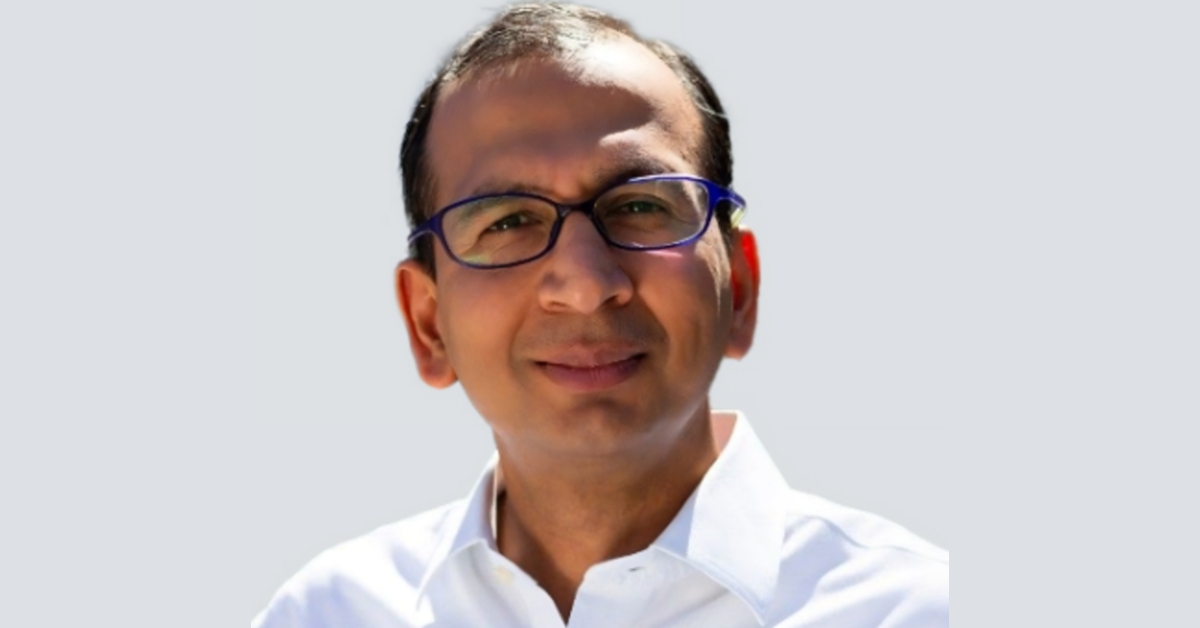
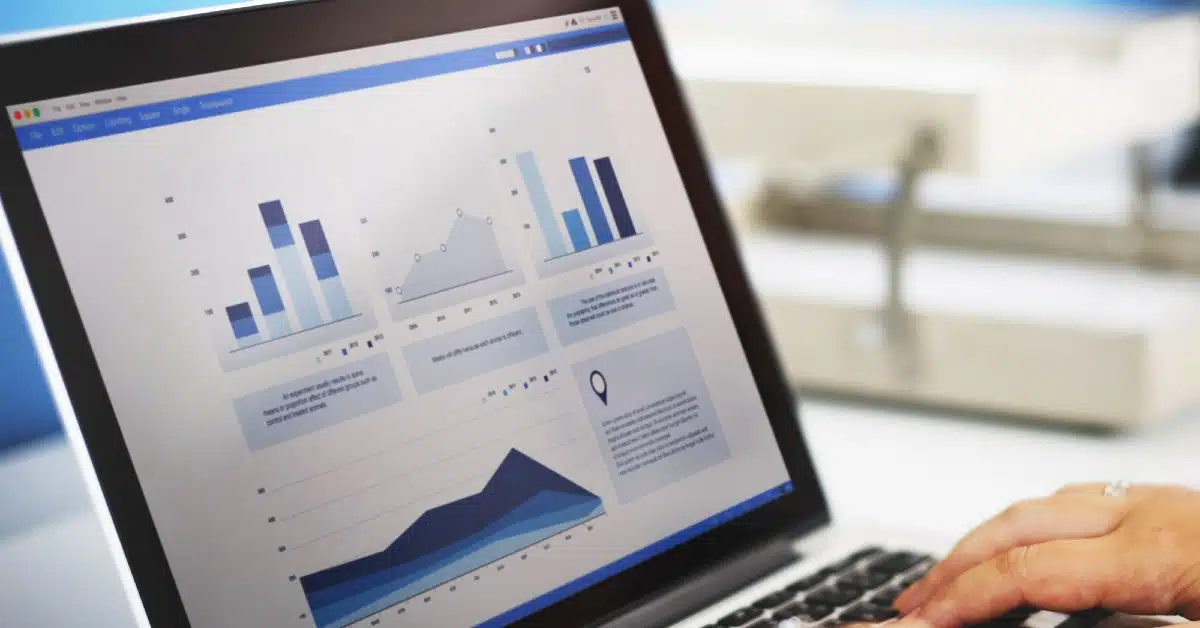
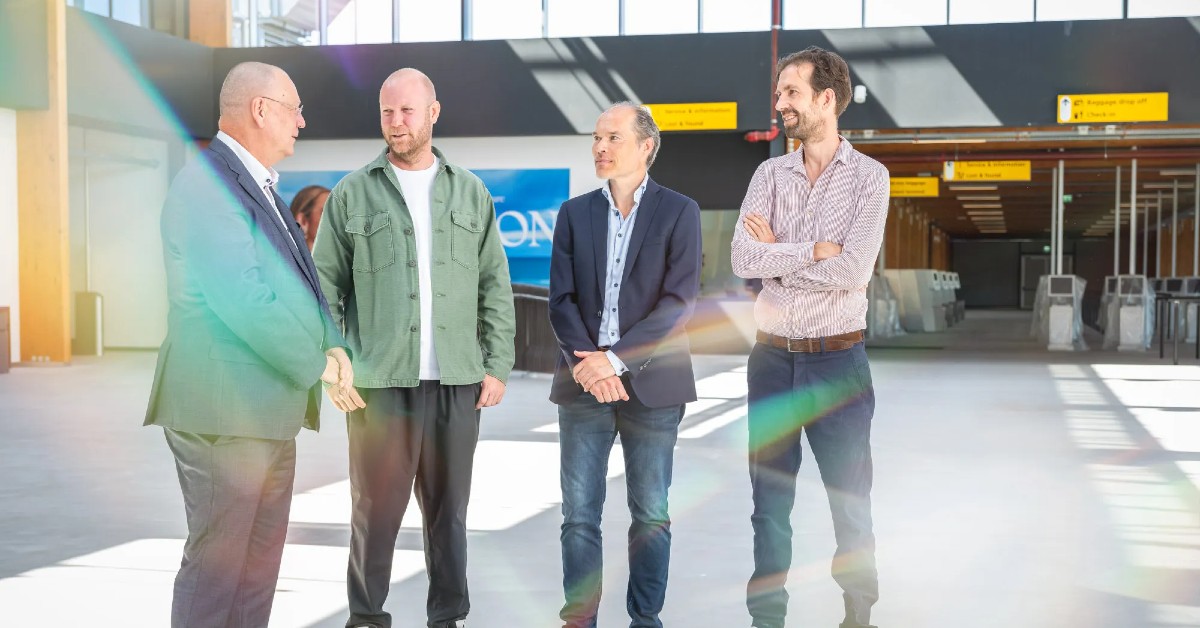
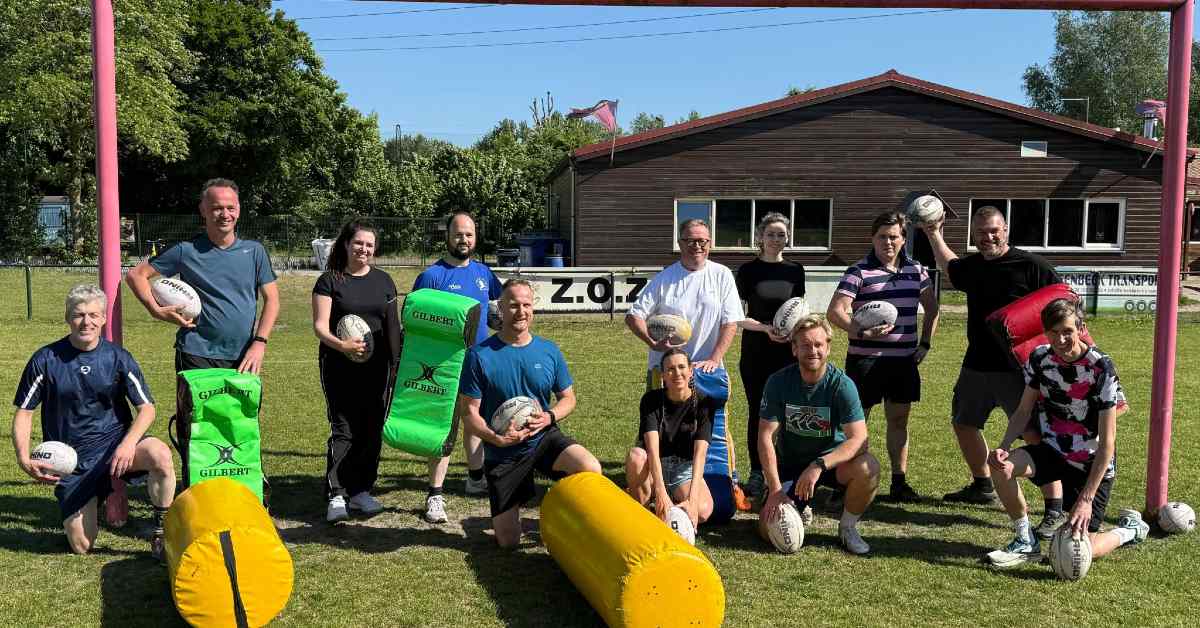
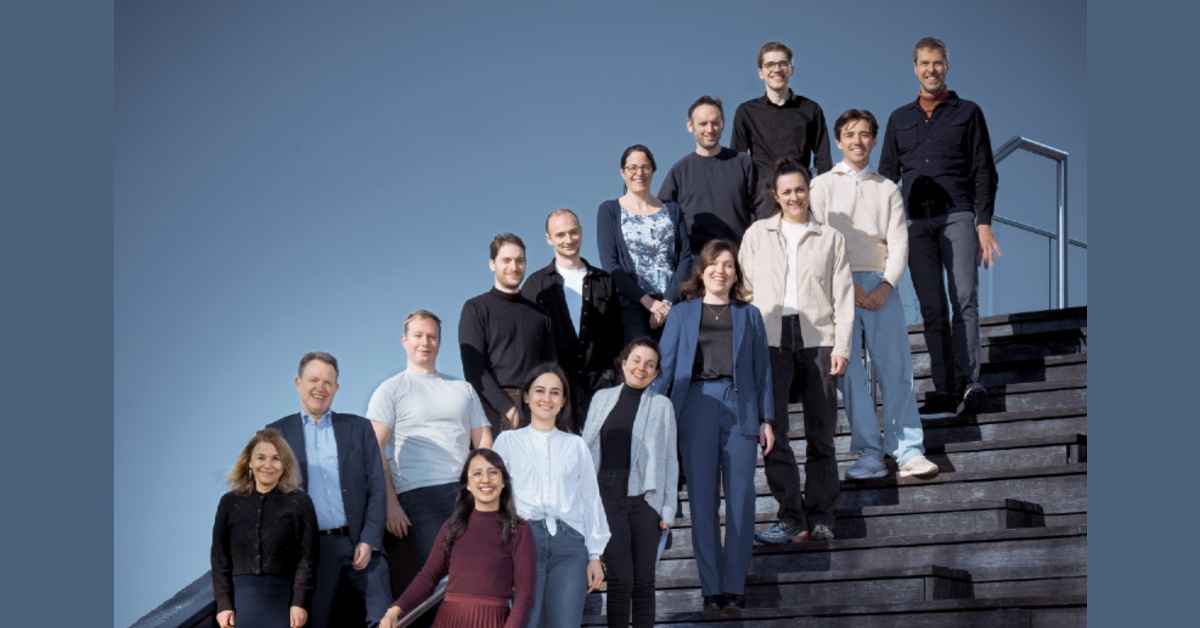

01
From telecom veteran to Dutch Startup Visa success: The Jignesh Dave story